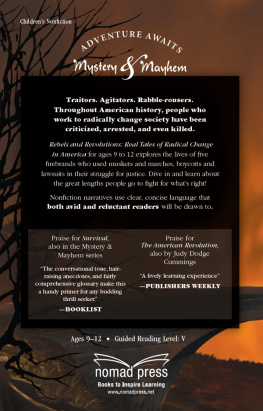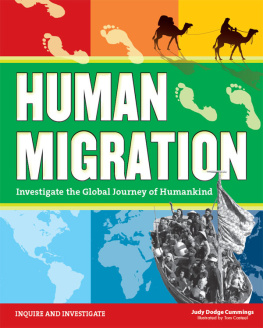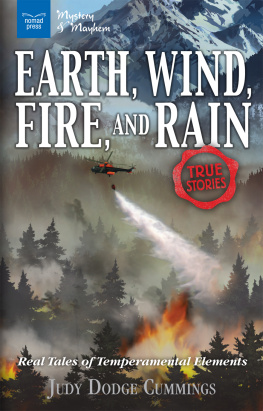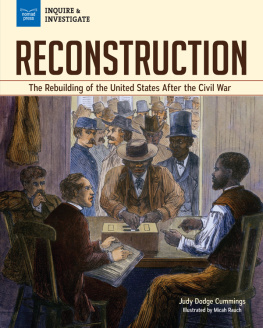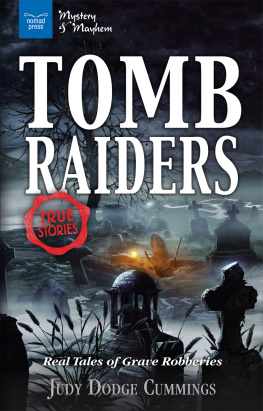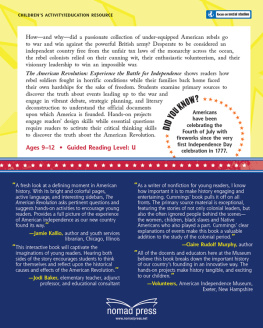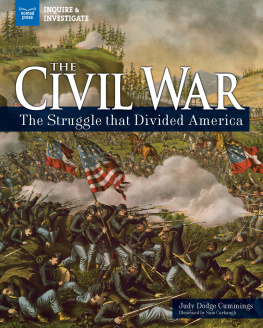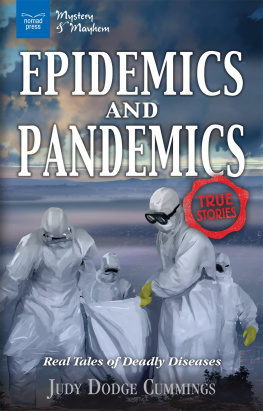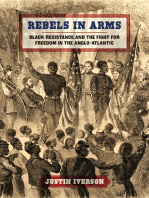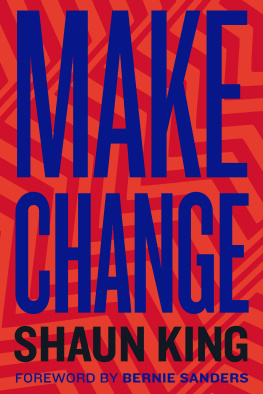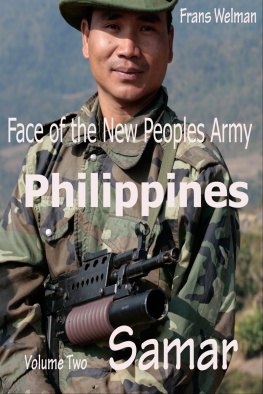
Nomad Press
A division of Nomad Communications
10 9 8 7 6 5 4 3 2 1
Copyright 2017 by Nomad Press. All rights reserved.
No part of this book may be reproduced in any form without permission in writing from the publisher, except by a reviewer who may quote brief passages in a review or for limited educational use. The trademark Nomad Press and the Nomad Press logo are trademarks of Nomad Communications, Inc.
ISBN Softcover: 978-1-61930-551-9
ISBN Hardcover: 978-1-61930-547-2
Educational Consultant, Marla Conn
Questions regarding the ordering of this book should be addressed to
Nomad Press
2456 Christian St.
White River Junction, VT 05001
www.nomadpress.net
Titles in the
Mystery & Mayhem Series

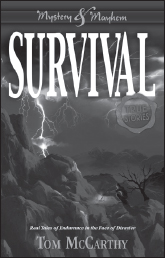
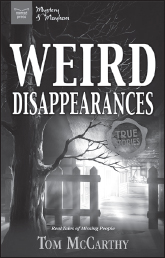
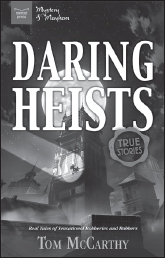
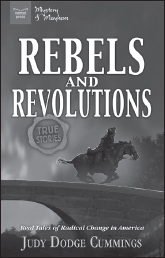
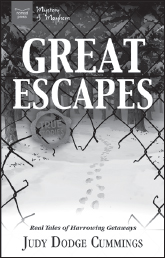
Check out more titles at www.nomadpress.net
Have you ever been ordered to do something that was unfair? Such as clean up a mess you did not make or let someone go who rudely cut the line when youd patiently waited for your turn? Most people encounter unfairness sometime in their lives.
What if you were commanded to follow a rule that made you feel like a criminal every day, year in and year out? Disobeying the rule could get you jailed or killed. Would you swallow your pride and follow orders or stand up for your rights, regardless of the consequences?
History is full of people who have been labeled troublemakers because they rebelled against rules they believed were unjust. This book tells the stories of five real-life rule breakers.
Joseph Plumb Martin was only 15 when he stood up to the king of England. Joseph joined the Continental Army to help the American colonies fight for independence.
When he picked up a musket and vowed to overthrow British rule in America, Joseph became a traitor. If captured, he would be imprisoned and possibly executed.
Joseph Plumb Martin fought for his countrys freedom, but Sengbe Pieh fought for his personal freedom. Kidnapped by slave traders in Africa, Sengbe was shackled in the hold of a slave ship headed for America. He broke free from his chains and led fellow captives in a revolt against the ships crew. The Africans commandeered the ship and tried to sail back to Africa, but the U.S. Navy captured them. Sengbe was imprisoned on murder charges.
Members of the Fair Play Committee knew what it meant to lose freedom. When the United States went to war with Japan in 1941, the government moved 120,000 people of Japanese ancestry into internment camps. The majority of these people were American citizens. Their crime? A Japanese heritage. In 1944, the government began drafting the men held in the camps to fight in the war.
A group that called itself the Fair Play Committee refused to go along with the draft until families were released from the camps. Fair Play Committee members wanted their families to be allowed to go home. The government refused, and charged members of the group with treason.
Claudette Colvin did not live behind bars, but she did live in a kind of prison. As a black teenager growing up in Alabama in the 1950s, racist laws restricted her life in many miserable ways. One day, Claudettes tolerance for these rules ran out. She refused to give up her seat on the bus to a white woman. Claudette was arrested.
Cesar Chavez also lived with the injustices of racial discrimination. A Mexican-American migrant worker, he toiled in the fields of California. Long hours, low wages, and brutal conditions kept his family and other farm laborers in poverty. Cesar became the voice of these workers. He stood up to the agricultural industry and demanded better working conditions for the people who labor to pick the nations fruits and vegetables.
These five individuals fought for their rights and changed history. Their stories might inspire you to become a rebel for the right cause.


The morning of April 21, 1775, church bells clanged in the small town of Milford, Connecticut, followed by three rapid gunshots.
Joseph Plumb Martin, who was 15 years old, put down his plow and looked at his grandfather in alarm. I smell a rat, Grandfather said. Without another word, he steered the horse cart for home.
Joseph sniffed.
That was no rat he smelled. It was war.
This is the true tale of Joseph Plumb Martin, a boy who rebelled against the greatest power in the world of the eighteenth centurythe British Empire. He did it in defense of his country and his brothers-in-arms.
Joseph Plumb Martin was born in 1760 in Becket, Massachusetts. His father was a pastor who frequently moved. When Joseph was seven, his parents sent him to live with his grandparents on their farm outside Milford, Connecticut.
During the 1760s, the American colonies began to resist trade restrictions placed on them by their mother country, Great Britain. When the British Parliament taxed molasses imports, the colonists smuggled in barrels of the syrupy stuff instead of paying the extra fee. When Great Britain required newspapers and playing cards to be printed on paper that was taxed, Americans boycotted these goods.
As Joseph grew older, the chasm between Great Britain and America grew deeper.
The colonists objected to the arrival of British troops in Boston, Massachusetts, in 1768, sent by the king of England to maintain order. During a chaotic protest on March 5, 1770, British soldiers shot and killed five colonists in an incident named the Boston Massacre.
Tensions simmered as the months passed. On the evening of December 16, 1773, more than 100 colonists climbed aboard three British ships moored in Boston Harbor. The colonists destroyed 340 chests of tea. They tossed 92,000 pounds of the stuff into the sea to protest the British tax on tea.
Joseph was only 13, but he understood a line had been crossed. Outrage swept across Britain. Parliament closed down Boston Harbor and banned town meetings throughout New England. People in Milford began to speak of war.
This talk made Joseph nervous. He was convinced he must be a coward. What, he wrote years later, venture my carcass where bullets fly! That will never do for me. But his attitude changed that morning in 1775 when the church bells pealed. Joseph did not follow Grandfather home. Instead, he headed to the village.

